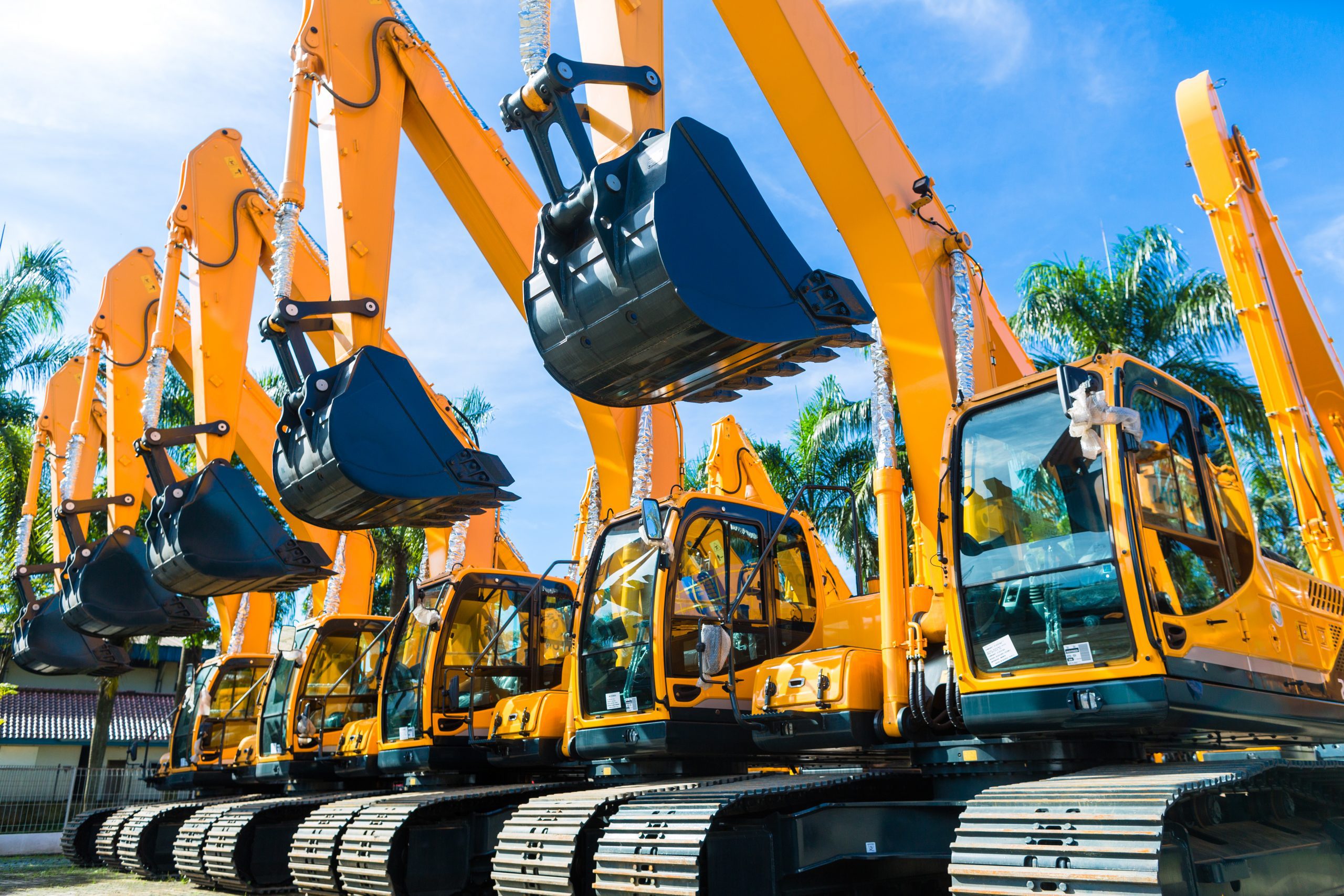Renting construction equipment has become a common choice for builders and builders looking to manage expenses while making sure they have the tools necessary for the equipment needed for success. With the quickly changing needs of the construction industry, understanding the pros and cons of leasing construction equipment is crucial for making informed decisions. From financial flexibility to equipment maintenance, there are numerous factors to think about when deciding whether to rent or purchase.
In this article, we will discuss what you need to know about construction machinery renting, such as how to choose a trustworthy leasing partner, important aspects to evaluate before agreeing to a rental agreement, and common pitfalls to stay away from. By gaining insights into the rental process and grasping what separates a reputable lease provider from a superior one, you can position yourself for success in your construction endeavors.
Selecting the Appropriate Equipment Rental Company
Selecting the appropriate machinery leasing company is vital for the success of any building project. A reliable lease provider should not only have a varied selection of equipment but also have a comprehensive understanding of the building sector. Seek out a company that provides a range of machinery appropriate for your particular needs, which ensures that you can get the appropriate tools to finish your projects on time and within budget. Their capability to accommodate various equipment sizes and sizes can significantly impact your business efficiency.
Another important factor is the quality of customer assistance provided by your leasing partner. Strong communication and responsive support can be pivotal, especially when you face unexpected challenges or require tools quickly. crane financing that values client service shows a dedication to your initiative's success, which can be a key advantage in managing strict schedules and task requirements. Ensure that you ask about their assistance capacity and how they handle repairs and urgent situations.
Lastly, evaluate the monetary conditions of the rental contract. A reliable rental provider will be transparent about their fees and contractual obligations, helping you steer clear of hidden charges that can arise later. Be sure to evaluate the agreement conditions thoroughly, such as maintenance clauses and warranty information, as these elements will significantly influence your overall cost. By choosing a rental partner with a reputation for equity and transparency, you set the foundation for a successful and positive professional partnership.
Key Factors to Consider Before Leasing
While evaluating leasing building equipment, the initial important aspect is comprehending your project requirements. This entails identifying the kind of equipment required, the scope of work, and how long the equipment is necessary. Assessing your project's specific needs helps in selecting the right equipment that will enhance productivity while avoiding unnecessary costs. Collaborate with your project team to gather insights and confirm you have a comprehensive list of equipment necessities customized to your requirements.
Another key consideration is the monetary implications of leasing versus purchasing. Evaluate the total costs related to leasing, including monthly payments, possible hidden fees, and maintenance expenses that may occur during the lease term. Identify your budget and whether leasing aligns with your budgetary goals. Weighing these expenses with the cost of outright purchase can clarify which option might provide better value for your specific project and financial situation.
Lastly, the standing and reliability of the leasing company should be carefully assessed. Research potential lease providers to understand their track record in the industry, review customer reviews, and request references. A trustworthy lease provider will not only offer competitive rates but also provide excellent customer support, ensuring that you have the necessary assistance throughout the lease period. Selecting a reputable company will help mitigate risks and guarantee a smooth leasing experience that supports your construction goals.
Grasping Rental Conditions and Conditions

Grasping the lease terms and conditions is crucial for individuals looking into construction equipment leasing. Lease agreements typically specify important elements such as the length of the lease, payment amounts, and the obligations of both the lessee and landlord. It is crucial to review these conditions carefully, as they can greatly impact your project's finances and timeline. Pay specific attention to termination clauses, renewal choices, and conditions for returning the equipment at the end of the lease.
A further critical factor to consider is the service clauses included in the lease. These clauses specify who is responsible for repairs and upkeep during the lease duration. A clear knowledge of these responsibilities can assist you avoid unexpected costs or complications during the leasing duration. Ensure you understand how maintenance problems are handled, who handles repairs, and the timelines for resolving any problems that may arise.
In conclusion, be aware of any unexpected fees that could impact the overall expense of leasing equipment. These may include delivery fees, charges for exceeding usage, or fees for damage past normal wear and tear. Knowledge of these potential charges can assist you create a more accurate budget and prevent any unpleasant surprises. Being meticulous in your review of lease terms and conditions will lead to a more positive leasing experience.
